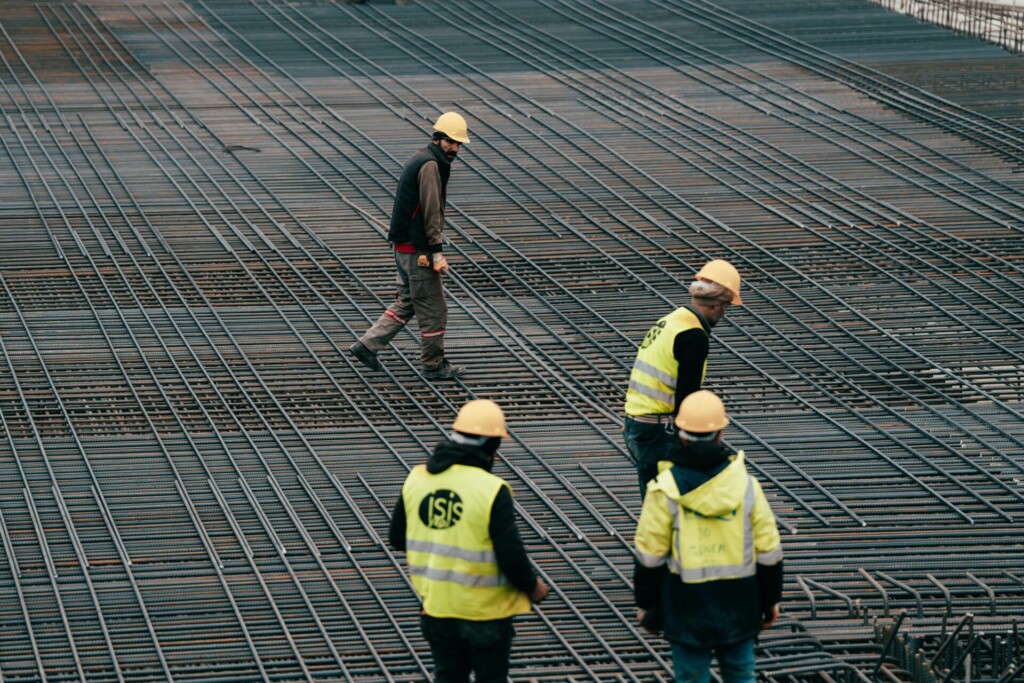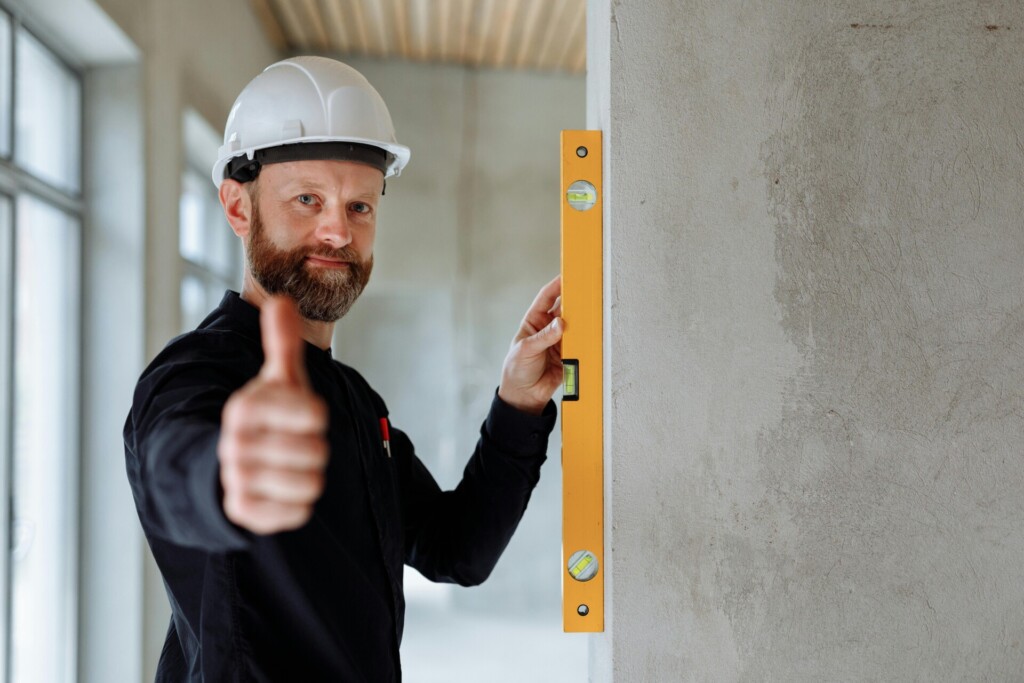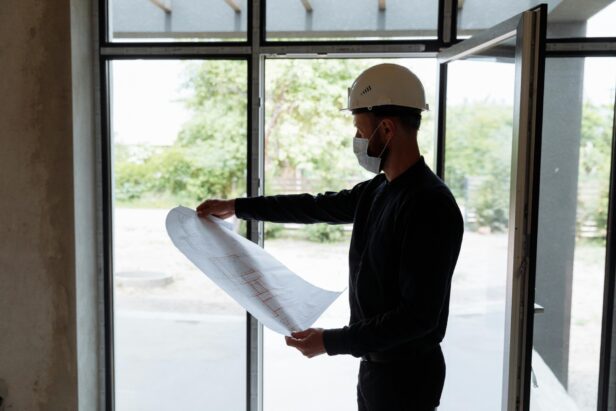City of San Antonio licensed contractors must navigate a structured registration system that operates through the Development Services Department. The DSD requires all contractors to register before any permits are issued for construction work within the city limits.
DSD’s Contractor Connect system organizes professionals into three distinct categories. These contractor categories span from Registered through Registered Plus to Premier status, with each level requiring different qualifications and ongoing compliance measures to maintain active standing.
Where Can You Search And Verify City Of San Antonio Licensed Contractors?

The primary tool for locating registered contractors in San Antonio is Contractor Connect, the Development Services Department’s official search platform. This system allows you to filter contractors by work type and registration category, providing essential details for project planning.
Access to Contractor Connect is straightforward through multiple city channels. The 311 “Licensed Contractor Search” page provides a direct link to the platform, making it easy to find when you need contractor information quickly.
Checking Monthly Sanctions And Appeals
We always recommend reviewing the monthly Canceled, Suspended, and Registration Appeals Report before finalizing contractor selections. This document lists any contractors who have faced disciplinary action, including their name, registration number, the reason for sanctions, and whether they appealed the decision.
The report updates monthly and provides transparency about contractor compliance issues. Checking this document helps identify potential red flags in your contractor selection process.
State License Verification Requirements
City registration alone does not cover all licensing requirements for specialized trades. Electrical and mechanical contractors must maintain active licenses with the Texas Department of Licensing and Regulation (TDLR).
Plumbing contractors require verification through the Texas State Board of Plumbing Examiners (TSBPE). These state agencies maintain separate databases for license verification, and contractors must hold both city registration and valid state licenses where applicable.
Specialized Program Listings
For Accessory Dwelling Unit projects, the City’s Casita Program maintains its own contractor listings. These contractors carry the same registration designations (Premier, Registered Plus, and Registered) but have additional qualifications for ADU construction.
The Casita Program ensures contractors understand the specific zoning and construction requirements for accessory dwelling units within San Antonio’s development framework.
Direct Support And Training Information
When you need assistance with contractor verification or want information about DSD training programs, contact the Development Services Department at 210-207-1111. The One Stop office is located at 1901 S. Alamo St., San Antonio, TX 78204, where staff can provide guidance on contractor requirements and verification processes.
DSD staff can also help with questions about specific trades, registration categories, or upcoming training sessions that contractors use to maintain their Plus and Premier status.
What Registration And Licensing Rules Apply Before Permits Are Issued?
All city and state licensed contractors must register with DSD before the department issues permits. This registration requirement creates a standardized process that ensures we can verify contractor qualifications and maintain project oversight throughout San Antonio.
Registration requirements vary by trade, but some include specific bond or ongoing insurance obligations. Contractors must maintain current coverage by uploading updated certificates directly to their BuildSA registration record through the Customer Portal whenever policies change or renew.
Trade-Specific Registration Categories
DSD maintains separate registration pages with detailed requirements for each major trade category. Building & Home Improvement contractors handle residential construction projects, structural alterations, and foundation work over 300 square feet. Demolition contractors require specific licensing for structure removal projects throughout the city.
Electrical contractors must register their state TDLR licenses with DSD and maintain proper insurance coverage. Mechanical contractors follow similar TDLR registration requirements for HVAC work, while plumbing contractors register through TSBPE requirements and maintain separate insurance standards.
Additional specialized trades include Sidewalk/Curb & Gutter contractors for infrastructure work, Sign Contractors & Operators for commercial signage projects, Tree Maintenance contractors for preservation work, and House Mover specialists for structural relocation projects. Each category maintains specific qualification and insurance standards.
Permit And Inspection Compliance
Contractors must pull all applicable permits for their projects and schedule required inspections according to DSD timelines. We coordinate with contractors to ensure they understand permit requirements and maintain compliance throughout project completion.
Timely inspection closure remains critical for maintaining good standing with DSD. Contractors who fail to complete inspections or leave permits open beyond required timeframes may face registration complications for future projects.
How Do Contractor Connect Categories Work Across Trades?

San Antonio’s Contractor Connect system establishes three progressive categories that define contractor capabilities and qualifications across different trades. Each category builds upon the previous level while maintaining trade-specific requirements that reflect the specialized nature of construction work.
Category 1: Registered Contractor establishes baseline qualifications for all participating contractors. Every contractor begins with an application and applicable registration fee, then completes a Code of Ethics acknowledgement form. General liability insurance coverage remains mandatory across all trades. The approved FBI background check creates a safety screening layer that must be satisfied within 30 days of application submission.
Trade-specific requirements begin at this foundational level. Electrical and mechanical contractors must employ technicians registered with TDLR (Texas Department of Licensing and Regulation), ensuring qualified personnel handle specialized systems work. Plumbing contractors follow TSBPE (Texas State Board of Plumbing Examiners) insurance and background check protocols that align with state-level oversight for water and sewer system installations.
Category 2: Registered Contractor Plus adds operational excellence standards to basic registration requirements. Contractors must maintain current DSD permitting and inspection fees without any unresolved infractions or formal complaints on record. At least two DSD training sessions within the past year demonstrate ongoing education commitment, though approved equivalent training may satisfy this requirement.
Electrical and mechanical contractors face additional facility requirements at the Plus level. A current Certificate of Occupancy at the business address provides verification of proper commercial operations. Mechanical contractors encounter specific insurance minimums: $300,000 per occurrence for Class A work and $100,000 for Class B operations. All Plus-level contractors need a minimum three-year DSD registration history to demonstrate sustained local engagement.
Category 3: Premier Contractor represents the highest qualification tier, requiring all Category 1 and 2 standards plus enhanced professional credentials. The minimum five-year DSD registration history shows long-term commitment to San Antonio construction practices. Each trade faces distinct premier-level requirements that reflect industry specialization.
Building contractors must designate an agent with Residential ICC (International Code Council) certification or equivalent credentials approved by the Building Official. Mechanical premier contractors need an ICC or IAPMO-related credential for designated agents plus active participation in approved professional associations such as TACCA, RSES, PHCC, or MCA-SMACNA. Design capability requirements include having a mechanical engineer, professional engineer, architect, or demonstrated ability to produce mechanical design plans.
Electrical premier contractors maintain a Design Professional on staff to handle complex project requirements. Plumbing premier contractors must obtain two TSBPE license endorsements and maintain ICC, IAPMO, or other approved certifications that demonstrate advanced technical competency.
DSD supports contractor advancement through scheduled in-person training sessions throughout 2025. These sessions cover IRC (International Residential Code), IPC (International Plumbing Code), IMC (International Mechanical Code), NEC (National Electrical Code), zoning regulations, and permit processes. Training participation helps contractors meet the educational requirements for Plus and Premier category advancement while staying current with evolving construction standards.
How Are Complaints And Sanctions Handled?
When property owners or developers encounter issues with home repair and home improvement contractors, DSD takes these concerns seriously. The department investigates each complaint thoroughly and maintains a structured process for addressing contractor misconduct.
Upon receiving a complaint, DSD initiates an investigation to determine whether disciplinary action is warranted. If the investigation reveals violations, we may schedule a hearing where both parties can present their case. This hearing process ensures due process while protecting the interests of property owners and the construction industry.
The Building Official holds significant authority in these proceedings. Beyond conducting investigations, the Building Official can adjust a contractor’s category status based on performance issues or violations. A contractor who fails to meet category requirements may find themselves moved from Premier to Registered Plus, or from Registered Plus back to basic Registered status.
More serious violations trigger Section 10-115 of the City’s Building-Related Codes. This section empowers the Building Official to take definitive action after conducting a proper hearing. The Building Official may cancel a contractor’s registration entirely or suspend it for a specified period. These sanctions remove the contractor’s ability to obtain permits or perform work within the city limits.
All sanctioned contractors appear on the monthly Canceled, Suspended, and Registration Appeals Report. This comprehensive document lists each contractor’s name, registration number, the reason for sanctions, the specific sanction imposed, and the date it was implemented. The report also indicates whether the contractor appealed the decision.
We recommend that developers and property owners review this monthly report before selecting contractors. The report provides transparency about contractor infractions and helps inform hiring decisions. Regular consultation of this document can prevent costly mistakes and project delays caused by working with sanctioned contractors.
Conclusion And Next Steps

The contractor verification process in San Antonio starts with Contractor Connect to find and verify city of san antonio licensed contractors. This central platform filters contractors by trade and displays their category rankings. Once you identify potential contractors, verify state licenses through TDLR for electrical and mechanical work or TSBPE for plumbing when required.
Check the monthly Canceled, Suspended, and Registration Appeals Report to avoid contractors with current sanctions. We recommend reviewing category criteria to understand what separates Registered, Registered Plus, and Premier contractors. Keep insurance current in BuildSA and use DSD training sessions to qualify for Plus or Premier status. This systematic approach ensures permit compliance and construction quality across all projects.
Contact EB3 Construction to discuss your next project with verified professionals who understand San Antonio’s regulatory requirements.




